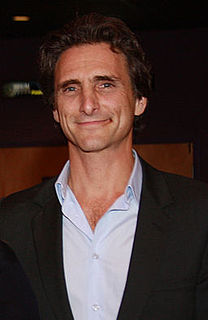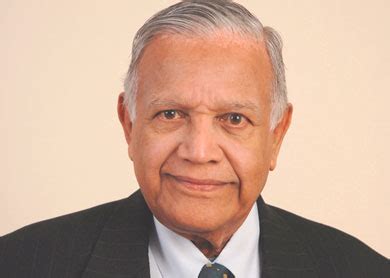A Quote by John Burroughs
It doesn't seem to be that huge a commitment that would create, you know, some kind of really powerful constituency. But the history has been for the United States and Russia especially that nuclear weapons have kind of become part of the identity of the countries.
Related Quotes
The worst part of what we heard Donald [trump] say has been about nuclear weapons. He has said repeatedly that he didn't care if other nations got nuclear weapons, Japan, South Korea, even Saudi Arabia. It has been the policy of the United States, Democrats and Republicans, to do everything we could to reduce the proliferation of nuclear weapons.
One of the greatest concerns that I had when I became President was the vast array of nuclear weapons in the arsenals of the United States and the Soviet Union and a few other countries, and also the great proliferation of conventional weapons, non-nuclear weapons, particularly as a tremendous burden on the economies of developing or very poor countries.
But elimination will only happen if all countries - nuclear and non-nuclear states - genuinely work towards this result. Nuclear states must abolish their arsenals, as was indicated by the unanimous opinion of the international Court of Justice, the highest international tribunal. The five nuclear states seem to expect others to refrain from obtaining bombs while at the same time maintaining their own caches of deadly weapons.
If you want to see where Trump is moving, look at what the United States neoliberals advised Russia to do after 1991, when they promised to create an ideal economy. Russia was under the impression that the neoliberal advisors were going to make Russia as rich as the United States. What they really did was create a kleptocracy that was virtually tax-free.
The aggressor too should know that the preemptive use of nuclear weapons would not insure victory. With modern detection systems and the combat readiness of the Soviet Union's strategic nuclear forces, the United States would not be able to deal a crippling blow to the socialist countries. The aggressor will not be able to evade an all-crushing retaliatory strike.
The American Dream has really good PR. It's kind of difficult to live in the United States and not on some level be pulled into the allure of the American Dream. It's in the DNA of the country. So, for a population coming out of slavery, desperate to become part of the full life of the United States, it only makes sense that they would embrace this route to the American Dream.
What is the only provocation that could bring about the use of nuclear weapons? Nuclear weapons. What is the priority target for nuclear weapons? Nuclear weapons. What is the only established defense against nuclear weapons? Nuclear weapons. How do we prevent the use of nuclear weapons? By threatening to use nuclear weapons. And we can't get rid of nuclear weapons, because of nuclear weapons. The intransigence, it seems, is a function of the weapons themselves.
My central arms control objective has been to reduce substantially and ultimately to eliminate nuclear weapons and rid the world of the nuclear threat. The prevention of the spread of nuclear explosives is to additional countries is an indispensable part of our efforts to meet this objective. I intend to continue my pursuit of this goal with untiring determination and a profound sense of personal commitment.
By the end of the 1960s, the United States owned more than half of the Indian rupee money supply, and that had been acquired through food aid. So I think it's very interesting to see the very long history of how sovereignty and food go together. When some countries remove another country's ability to feed itself, it is a very powerful tool. Imperialist countries, like the United Kingdom, like the United States, have used it for centuries.
Basically [United States and France] said "We will use nuclear weapons whenever it suits our purposes to do so." So this expansion of doctrines regarding possible use of nuclear weapons makes them more, you know, sort of, salient and important and so it's increasing the perceived political value of nuclear weapons and therefore causing or contributing to possible proliferation.
































